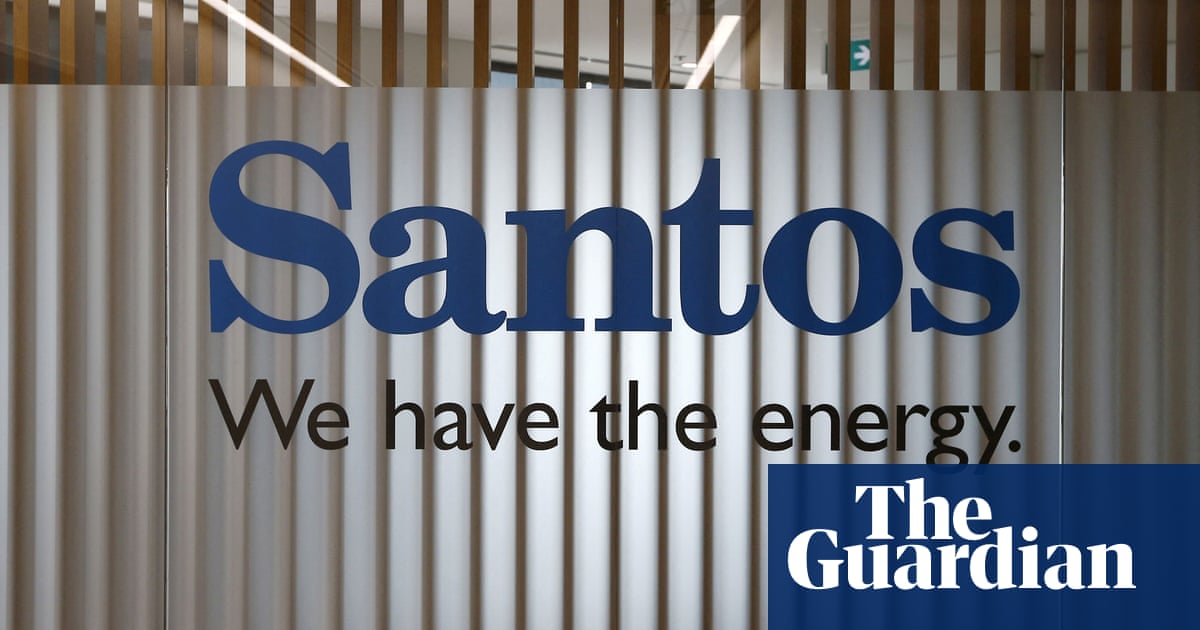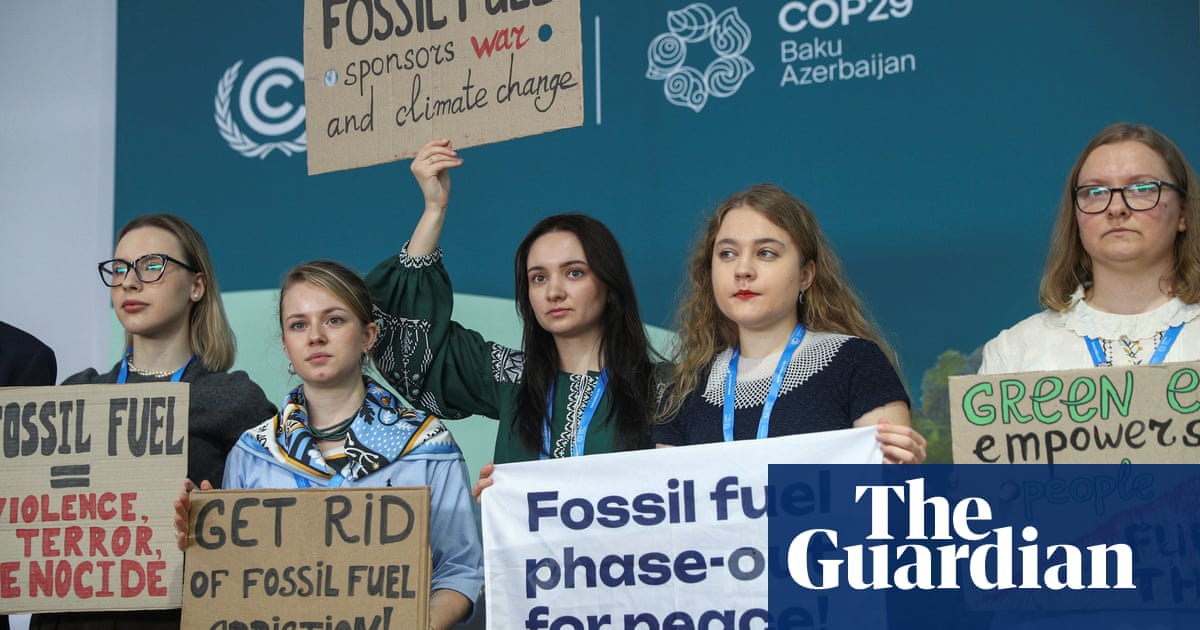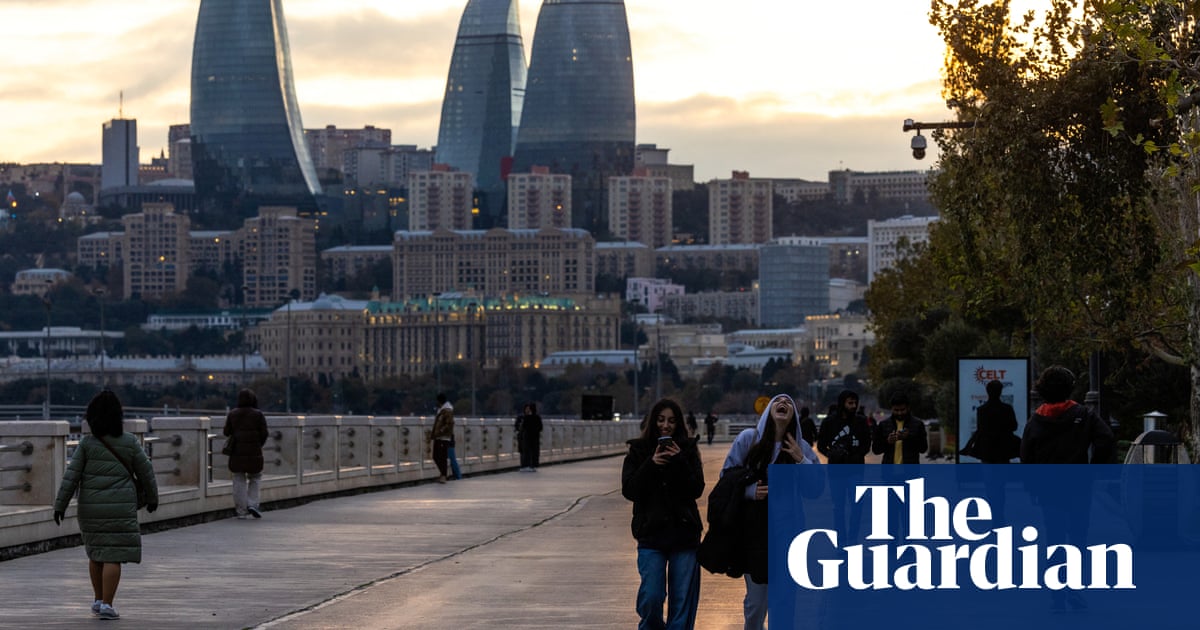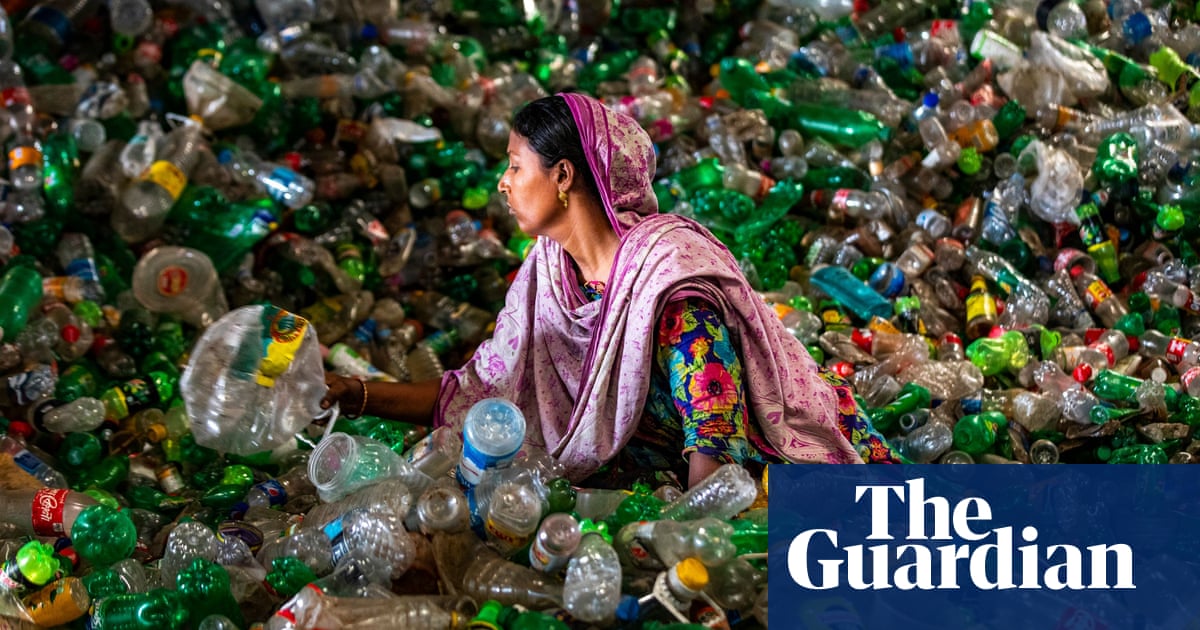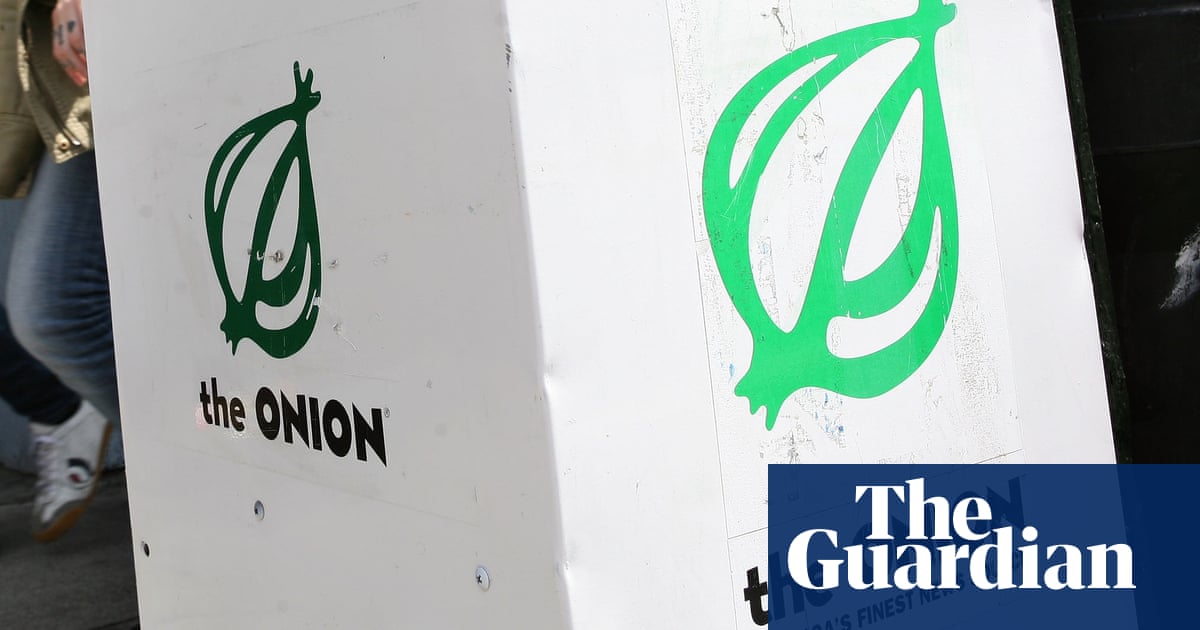Santos misled investors by positioning itself as a âclean fuels companyâ with a credible net zero plan, the Australasian Centre for Corporate Responsibility (ACCR) has alleged in closing remarks to a world-first greenwashing case.
Noel Hutley SC, representing ACCR, said the case was about protecting the public interest by âensuring that commitments by Australian companies regarding climate change are reasonably based and not misleadingâ.
The landmark case, which began on 28 October in the federal court, was the first to challenge the veracity of a companyâs net zero emissions plan, and would determine whether companies could be held legally accountable for their climate reports and strategies.
When Santos used terms like âclean energyâ and âclean fuelâ in its 2020 annual report, it conveyed the impression to investors that the end use, or combustion, of natural gas had only minor emissions, Hutley said in a closing statement on Friday.
That was misleading, as gas was not clean, Hutley said, given evidence that burning the gas produced in Australia in 2020 would create about 100 megatonnes of CO2.
Several elements of Santosâ reports were also false and misleading, he said, particularly the companyâs use of the term âzero emission hydrogenâ and its decision to hold baseline emissions associated with oil and gas production flat between 2025 and 2040, among other assumptions.
As a result, emissions from hydrogen production, and expected growth in emissions from oil and gas exploration were not disclosed in a 2021 climate change report, which outlined the companyâs plans to reduce emissions by 26% to 30% by 2030 and reach net zero emissions by 2040.
Santos repeatedly referred to hydrogen produced from gas with carbon capture and storage, as âzero emissionsâ in that report, even though the company knew this terminology was false, Hutley said.
Internal company estimates presented during the case indicated hydrogen production emissions associated with producing 800 tonnes per day of hydrogen were âmaterialâ, resulting in an additional 600,000 tonnes of CO2 emitted per year, roughly equivalent to 10% of the companyâs annual emissions.
after newsletter promotion
Santos represented its roadmap to net zero by 2040 as clear, credible and tangible, Hutley said, but evidence presented had revealed that key details and assumptions were being figured out âliterally on the flyâ as the plans were being finalised, at the chief executiveâs request and direction.
ACCR was asking the court to make declarations that Santos had engaged in misleading or deceptive conduct, and for injunctions prohibiting Santos from engaging in deceptive conduct in future and forcing it to issue a corrective notice about the environmental impacts of its operations.
Santos was expected to deliver its closing arguments on 3 December, with judgment to follow.
